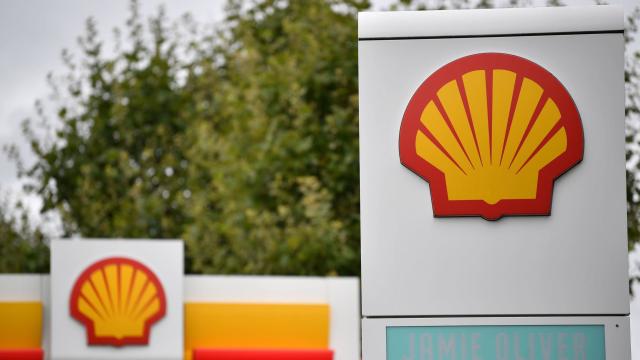After more than a year of covid-19 lockdowns, there’s — dare I say — a feeling of hope in the air. Yes, things are far from over, but millions of people are getting vaccinated and it’s starting to seem like there’s a light at the end of the tunnel. Well, sorry to ruin things slightly, but oil companies are also starting to recover from the pandemic after it sparked a historic drop in fuel demand and crushed their profit margins.
On Wednesday, Shell analysts said the oil giant expects to turn a profit from oil and gas exploration and production for the first time since the spread of covid-19 began. Last year, Shell did make money from refineries and chemical processing, so it turned an overall profit. But it saw losses in its core business model — pumping fuel — due to covid-19 restrictions.
Shell’s not alone in seeing a turnaround; Exxon is also expected to announce profits, which estimates put in the range of $US2.6 ($3) billion. Both lost money on extraction in 2020, but they’re back to one again making gains. Oil prices have risen, which means more drilling is likely on the way.
But that doesn’t mean things have been smooth sailing. The February cold snap that knocked nearly all of Texas’ electricity capacity offline and left nearly 200 people dead also affected oil companies. Its analysts said that a downtick in drilling, refining, and chemical processing capacity during the storm will knock about $US200 ($261) million off its previous profit projections. Poor babies.
It’s not just the cold snap that hurt Shell’s profit margins. The company, which is the top fuel retailer in the world, expects that from here, its fuel sales will fall or, at the very best, flatline throughout quarter one. Fuel demand, it seems, isn’t exactly bouncing back — its recovery remains pretty slow. For instance, the firm said its refinery utilization rates were down from its expectations. It’s also making less money from gas trading, and expects on this year will be “significantly below average.”
This shouldn’t come as huge surprise to the firm, which in a February statement said that its “oil production peaked in 2019,” and that it now expects its output to decline gradually by 1 or 2% per year. Seems they were prepared for peak oil.
It’s tempting to laugh in Shell’s face about their weak return to fuel production profits, but honestly, they’re still drilling right now, and that’s bad. Every barrel of oil or gas the company extracts from the Earth is a climate problem.
Shell’s profits faring badly isn’t exactly a home run for workers. The company has made it clear that when times are rough for fuel production, its employees will bear the worst brunt. Last September, Shell executives said that as it produces less fuel, it plans to lay off 10% of its workforce. Other oil companies have made similar moves, showing that only a planned transition away from fossil fuels can ensure those laborers are taken care of.
So yes, it doesn’t seem like energy giants will be making a particularly spectacular recovery from their record slump in 2020, because the market simply seems not to favour fossil fuels they way it used to. But that doesn’t mean we should simply let oil companies do all they can to make money in the dying days of oil, it means we need to force them to wind down even faster.
Editor’s Note: Release dates within this article are based in the U.S., but will be updated with local Australian dates as soon as we know more.
